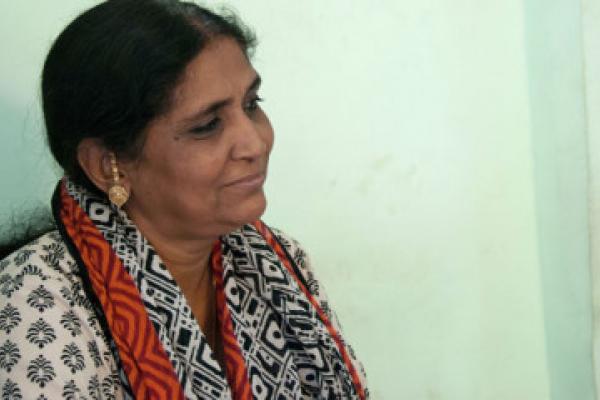May 6, 2014
Khatoon Shaikh had no formal education, never worked outside the home, and lived in the kind of neighborhood that many people might call a slum.
But when Shaikh witnessed her sister-in-law victimized, first at the hands of a violent husband, and again by a patriarchal justice system, she took charge.
Shaikh started her own Shariah adalat, a court based on Islamic law, just for women.
“We needed a place where women’s voices could be heard,” the mother of seven said.
That was 20 years ago. Since then, the court has moved from Shaikh’s home to a two-room office in the north Mumbai neighborhood of Bandra. And it now operates within a broader organization called BMMA, or Indian Muslim Women’s Movement, which Shaikh helped form in 2007.
Read the Full Article

Already a subscriber? Login
